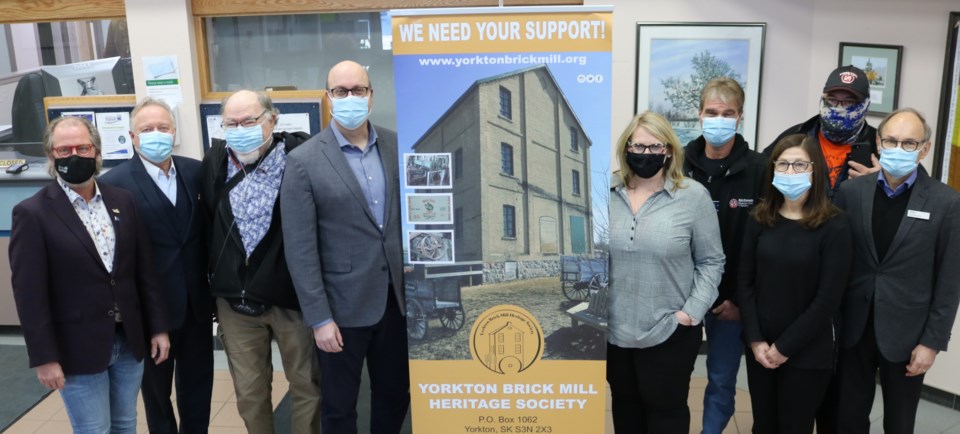While wheat was the mainstay of agriculture here for many years and we were the bread basket of the world, production has greatly diversified, as has the processing now taking place locally and throughout the prairies. Canola crushers, oat millers, barley maltsters and many others, ranging from craft brewers to pulse processors and exporters now make up a diverse agriculture-based sector that benefits our economy and our food choices.
The Interpretive Station will tell stories not only of the farms that are the primary producers, but will inform and ensure visitors that prairie agri-business excels at producing safe and wholesome products by sustainable means. We will partner with our supporters in the agricultural industry to develop displays that tell the complete story of food production so it is easily understood by children, students and adults.
But a vibrant community moving forward does not forget its past, its heritage and history, and the people and places that made today and tomorrow possible.
There are a few historic buildings left in Yorkton, but the original Yorkton Flour Mill along the rail tracks at the corner of Beck Street and Livingstone Avenue is one of them. At one time, the local railway station was just down the street, as were the historic Balmoral Hotel, one of several movie theatre, and a row of grain elevators.
Only the flour mill remains, now being preserved and revived to provide a real and living connection to our heritage, and to the contributions of agriculture to our lives.
At one time, almost everyone in western Canada was, at most, once-or-twice removed from a farm. Today – even here where our economic base continues to be agriculture – many no longer have that connection.
We believe in helping restore that connection by telling stories of agricultural production and agri-food manufacturing, by introducing the public to farmers through exciting, interactive and educational displays that will help bridge that gap.
We believe that the mill, now well over a century in existence, will provide the venue that can tell the story of agriculture while at the same time preserving and telling our rich local history.
The mill itself has been structurally renovated, the grounds are being landscaped, and an outdoor display tells the story of Yorkton’s early years.



